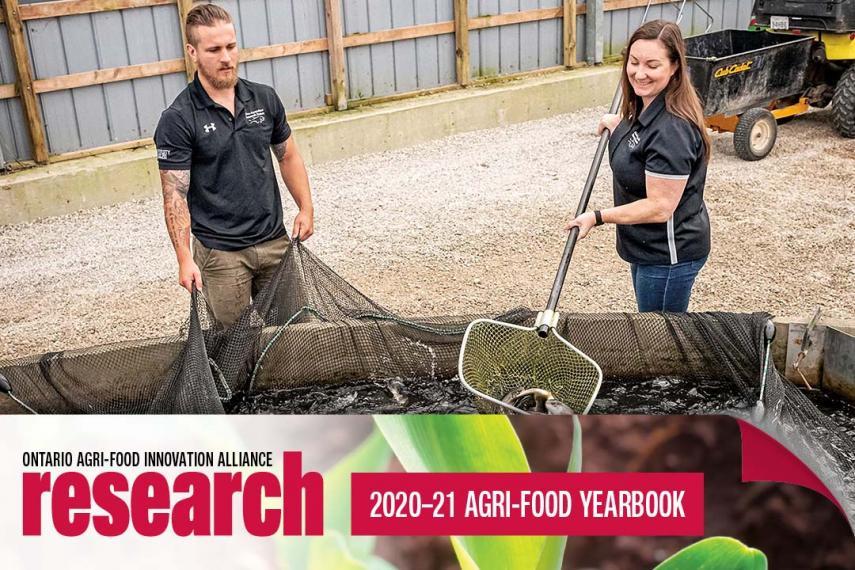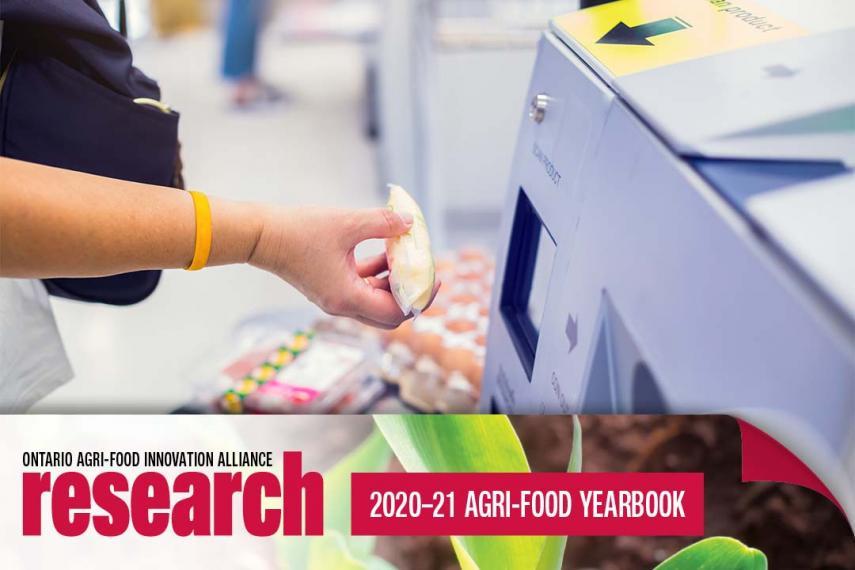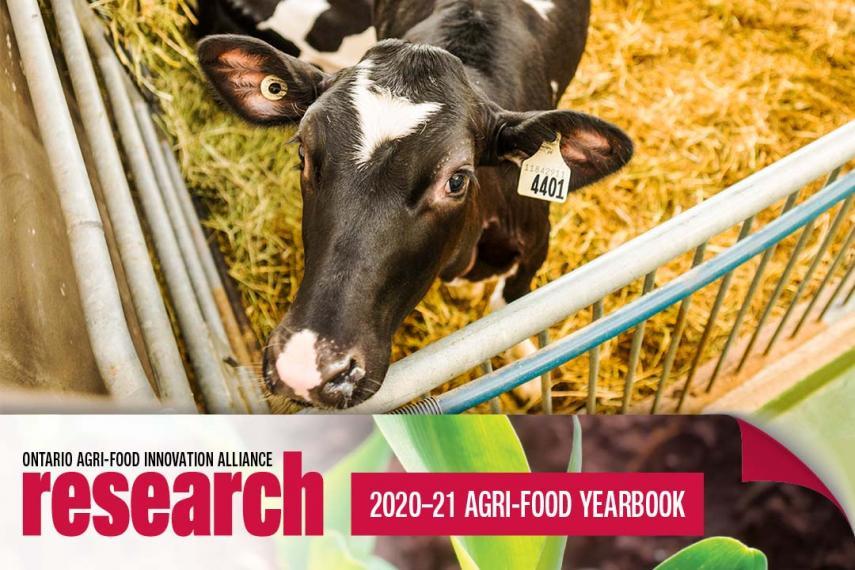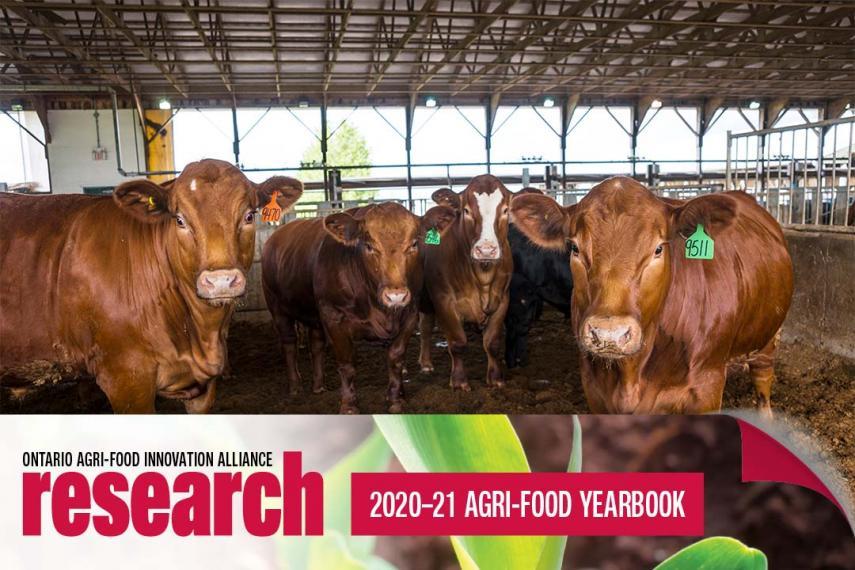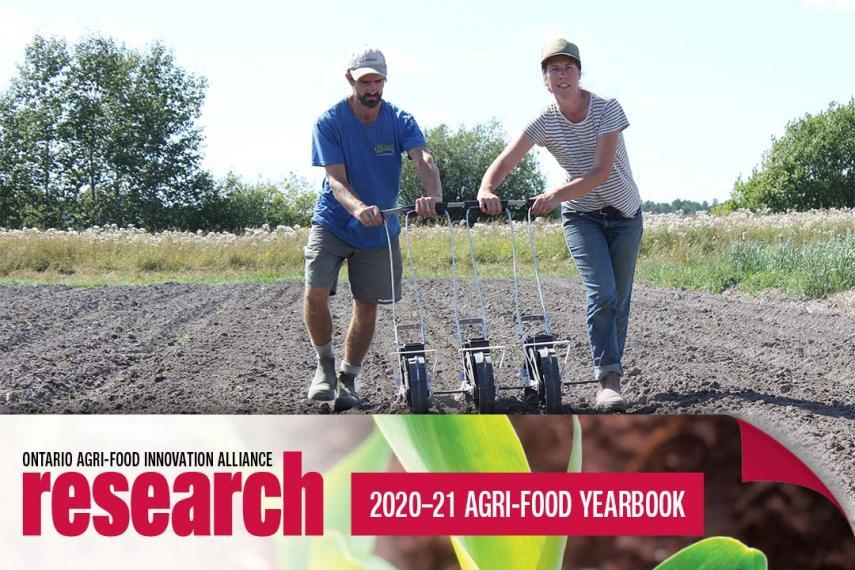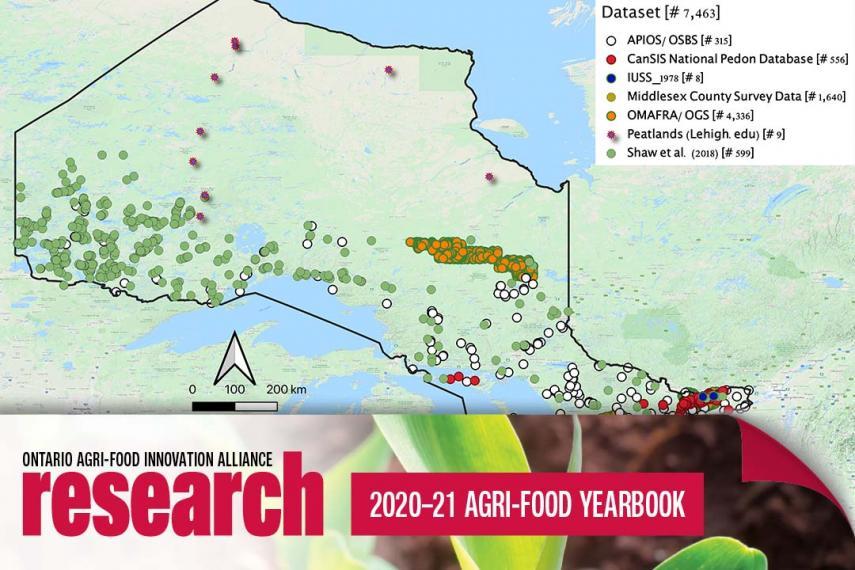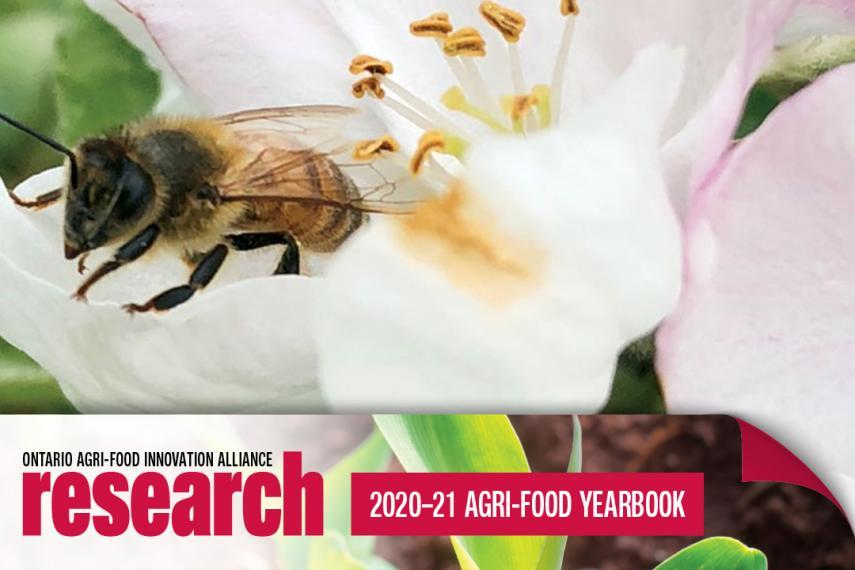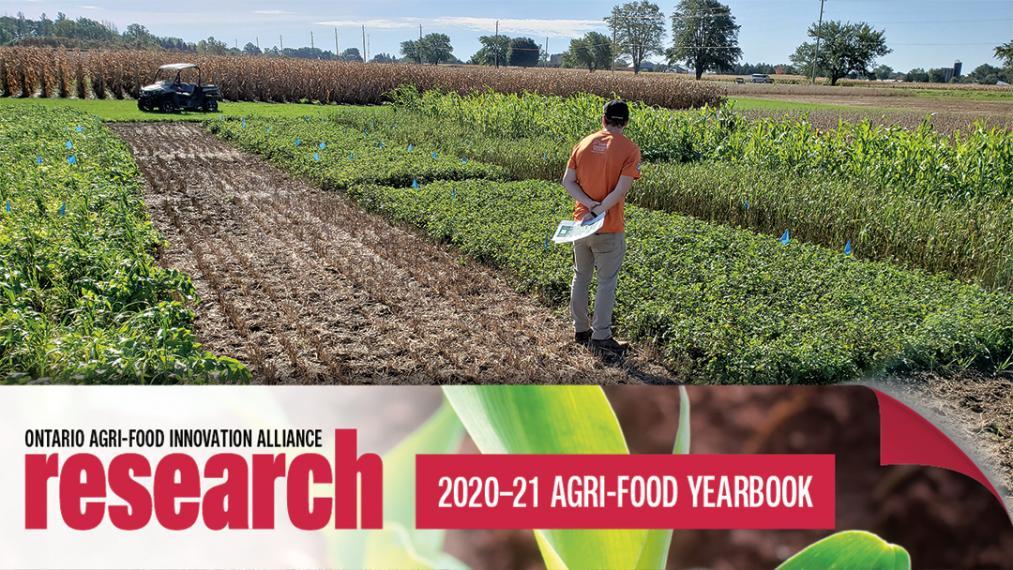U of G Project Aims to Curb Greenhouse Light Leaks
Alliance-funded researcher Dr. William Lubitz, a professor in the School of Engineering, is leading a pioneering drone project intended to help curb light leaks from commercial greenhouses, ensuring optimum plant yields for the province’s ever-growing vegetable and flower production.
